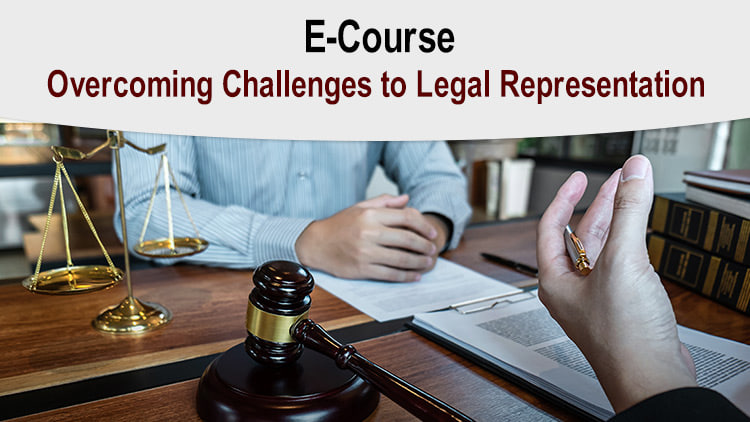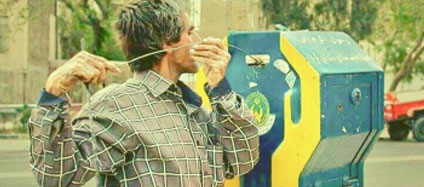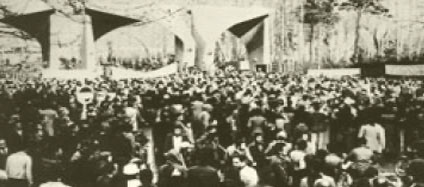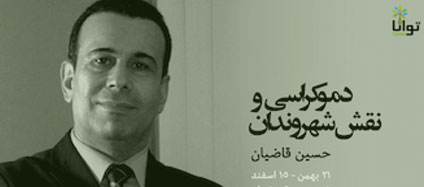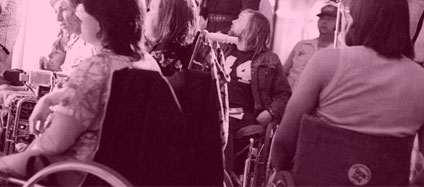Intended primarily for those who have completed the Standards for Free and Fair Elections ecourse already, this ecourse will explore the most promising opportunities for civic action toward legal and structural changes to liberalize elections in Iran. (Students who did not take the earlier course can consult previous course lecture videos, podcasts, slides and manual before joining this course.) Some obstacles to genuine elections are rooted in the constitution and legislation and distort the free expression of the will of Iranian electors, such as the vetting system overseen by unelected and unaccountable bodies, while others infringe on the right to participate in public affairs through self-organization and association, such as laws restricting free expression and civic space. In order to overcome these obstacles, Iranian activists must understand them within their legal, political, and historical contexts. Examples of other movements for electoral reform will provide best practices and lessons learned for the Iranian context by demonstrating advocacy strategies for amending and/or working around constitutional obstacles, legal restrictions, and exclusion of opposing ideas, candidates and parts of the electorate. Lecturers from partner organizations will speak from their experience in electoral reform movements, offering first-hand reflections and critical examinations of their work. Using the course manual well as dozens of supplementary resources translated to Persian by Tavaana, students will engage in hands-on learning by self-critiquing their elections advocacy and organizing efforts to date and charting new, improved strategies. Students’ collective learning will encourage both the grassroots and the national ownership needed for a sustainable reform process through advocacy campaigns, public education, social media outreach, coalition building, media outreach and international solidarity.


